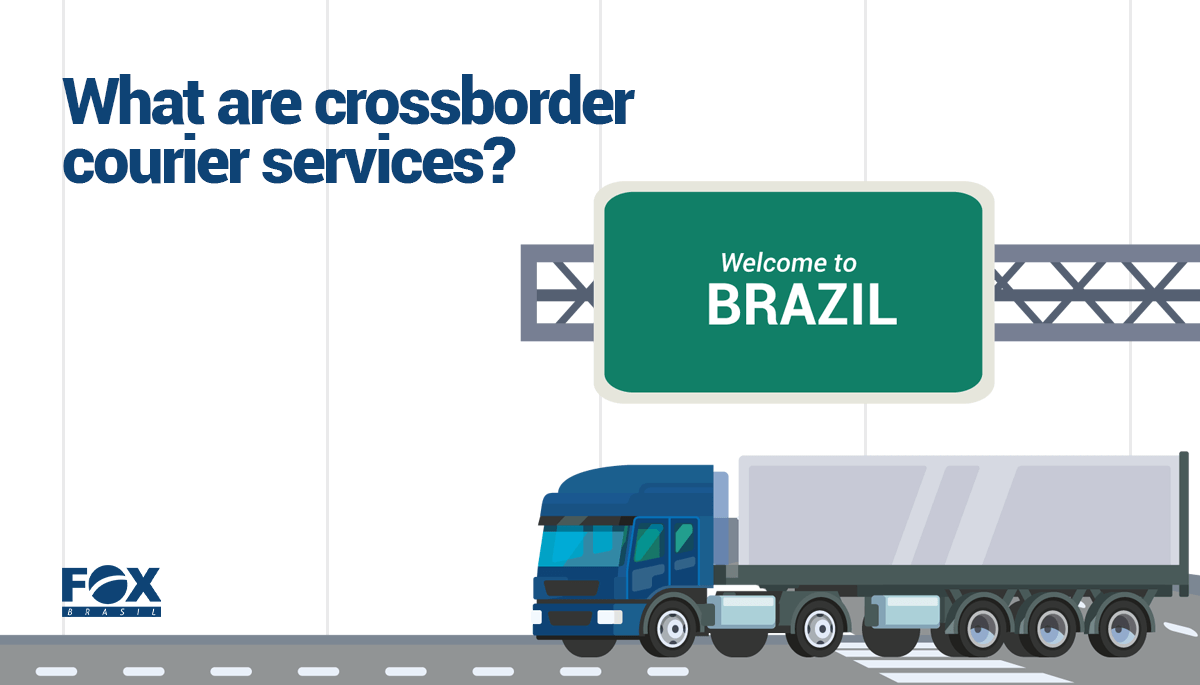What are cross-border courier services?

Understand Logistics & Freight
One of the biggest advantages of having an e-commerce business is that your products are visible to potential customers from all around the world. However, as much as consumers are constantly interested in buying foreign products, whether looking for better prices or simply only finding what they need in stores outside their home country, they often find themselves with no way of getting said products delivered to them.
And that is where cross-border courier services come in to help.
What are they?
Cross-border courier services are one of the most innovative ways of delivering items to other countries, offering a cheaper, faster, and more reliable option for sellers to get their products to their clients regardless of where they are located.
Companies who offer these services usually have their own warehouse, to where the products will be taken after they were bought by the consumer, and they will remain there for a short period of time before a carrier, from across the border, comes to pick the items up and then crosses the border again in order to deliver them to a location at the consumer’s country, or even directly to their homes.
What are the benefits?
The courier service provider will be responsible for the entirety of the shipping process, and that includes picking the products up, clearing them for export, and delivering them all the while providing frequent tracking of their location to both the seller and the buyer.
And with that, the seller is able to keep working on their other demands instead of diverting too much of their energy to make sure that the products are delivered to their clients safely.
When a seller has a cross-border courier service at their disposal, they have the opportunity to reach a larger number of consumers, since they are no longer limited to local-only deliveries, as well as test out international markets without the costs or bureaucracy of opening physical stores or maintaining warehouses in other countries.
Cross-border courier services in Brazil
Brazil has particularities when it comes to imported products. Sellers from other countries are not allowed to get involved in the clearance of the goods at the port of entry so that limits Delivery Duty Paid (DDP) shipments to enter the country. However, courier services are an exception to that rule, since products delivered via courier need to fit certain standards regarding their dimensions and their value.
Cross-border has revolutionized how international companies can operate in Brazil, especially for e-commerce. By eliminating the need for local inventory and reducing fixed costs associated with establishing a physical presence, foreign brands can test the Brazilian market more efficiently and economically. This allows consumers to access a much wider variety of products, including niche items and exclusive releases often unavailable in physical stores.
Additionally, companies can gradually expand their product portfolios, as seen with luxury brands launching limited-edition collections. By selling directly to the end consumer, these companies increase their reach and strengthen their presence in the Brazilian market.